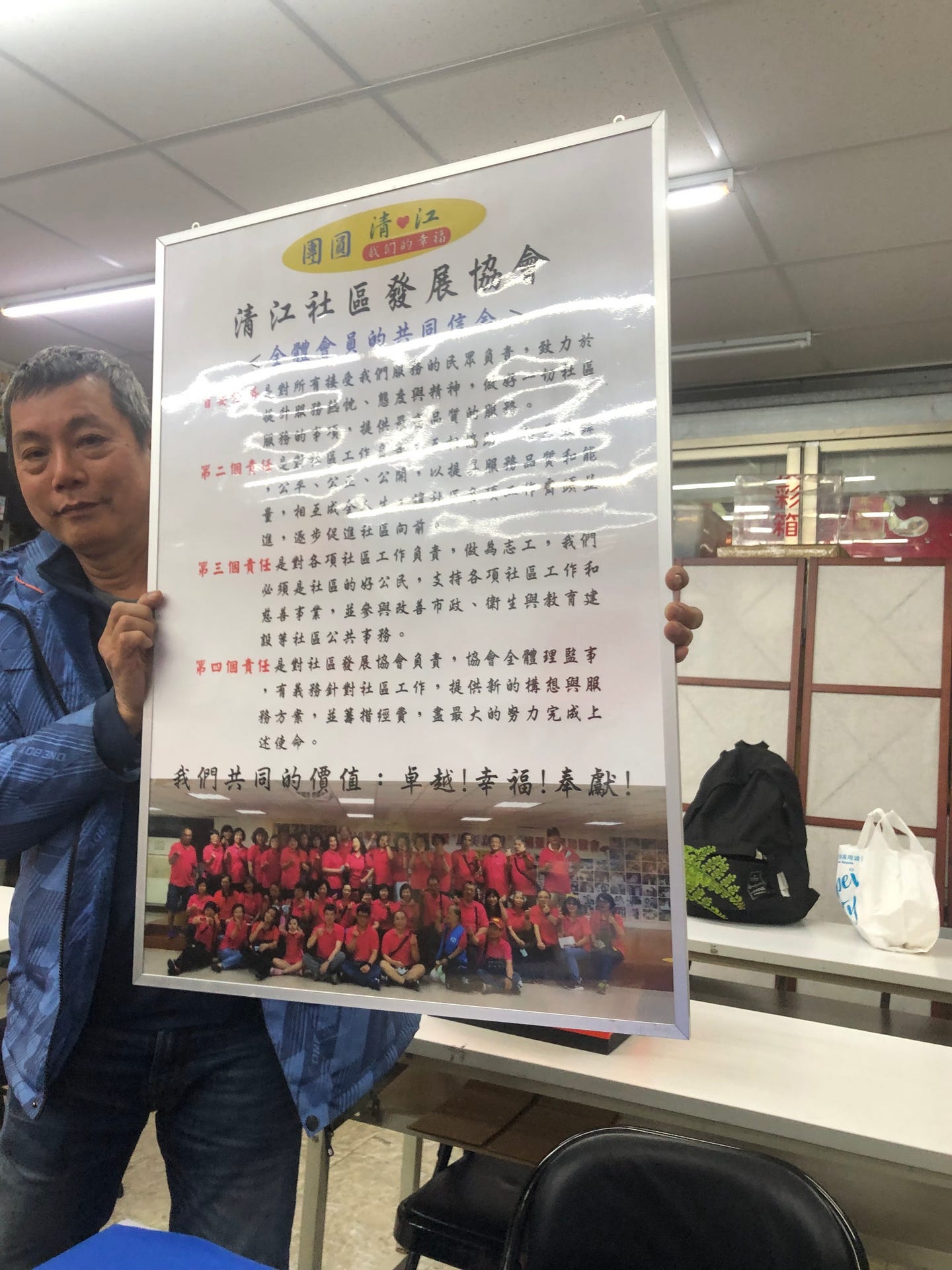GMF#18 | It's NOT Money that Makes the World Go Round
TL;DR: Exploring Taiwan's collaborative approach to social issues, I discovered the intricate dance between sectors—government, nonprofit, for-profit, and academia. While creating social impact seems simple with financial backing, sustainability poses a challenge. The key lies in volunteer dedication, from resilient founders to supportive friends and family, and even beneficiaries-turned-contributors. Money, vital as it is, cannot replace the commitment of these unsung heroes who ensure the lights stay on in the realm of positive change.
Diverse Collaboration: Taiwan's blend of sectors brings unique perspectives to social issues.
Money vs. Sustainability: While money is crucial, creating lasting impact requires innovative solutions beyond financial contributions.
Volunteer Heartbeat: Success often hinges on dedicated volunteers—resilient founders, supportive friends, family, and contributors among beneficiaries.
Sustainability Challenge: Paying for social impact isn't enough; sustaining positive change demands ongoing dedication and innovative solutions.
Invisible Heroes: Volunteers are the true unseen forces driving impactful projects, ensuring positive change endures.
Recently, I had the incredible opportunity to visit Taiwan on a study trip, exploring how various sectors—government, nonprofit, for-profit, and academia—collaborate to address social issues. It's fascinating to witness the diverse perspectives each sector brings to defining their roles and determining successful social impact. However, a lingering question persists: is this sustainable?

In theory, creating social impact seems straightforward. You can "pay" for the social benefit you aim to achieve. For example, if the goal is to alleviate hunger among the poor, you can "pay" to ensure they have the means to buy food. To address concerns about abuse or inefficiencies, you can "pay" for a proven model like running a soup kitchen. For greater efficiency, you might "pay" to streamline the supply chain, sourcing directly from producers or establishing an on-demand logistics system to rescue surplus food.
While money is crucial, it's also a chicken-and-egg problem. At the outset, you must find a way to be successful without funds before money flows in. The key to many successful models lies in how they navigated this challenge when resources were scarce. Often, the answer lies in the dedication of volunteers.

The first and often overlooked volunteer in any successful social project is the founder, who persisted in the face of skepticism, silently committing to the cause until their last breath. Another group of unsung heroes includes the friends and family of the founders, initially answering a call for help and becoming lifelong givers.

Equally remarkable are the beneficiaries-turned-volunteers, giving back to the project that once benefits them. In the best social projects, beneficiaries take pride in contributing to the engine that powers positive change for both themselves and their community.
volunteers are the true invisible hands of the "free" market.
In conclusion, money alone isn't sufficient, and gratitude is owed to the volunteers who keep the lights on.



